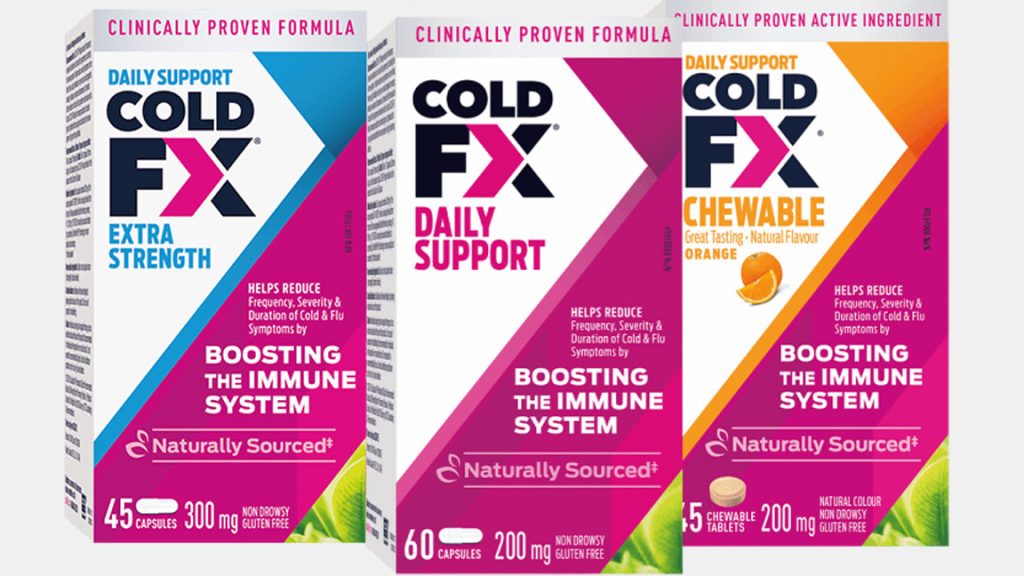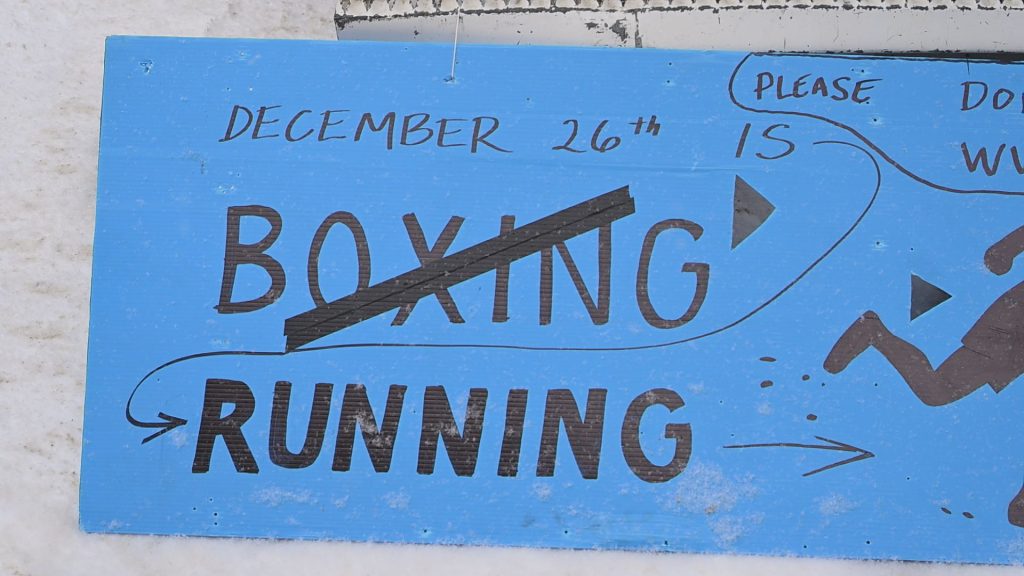Judge greenlights class action against Bausch Health on Cold-FX products

Posted September 29, 2023 3:56 pm.
Last Updated September 29, 2023 4:05 pm.
TORONTO — An Ontario Superior Court judge has certified a class-action lawsuit against Bausch Health Companies Inc. that alleges false advertising for some of the pharmaceutical firm’s cold remedies.
The lawsuit states that Bausch, formerly known as Valeant Pharmaceuticals, made false or misleading ad claims to consumers around five of its Cold-FX products.
Filed in 2019, the suit notes that packaging and social media profiles for the products include statements such as “clinically proven” and “proven by science” to help reduce cold and flu symptoms.
Toronto-based law firm Tyr LLP says those claims form the basis of allegations that Bausch breached provincial consumer protection laws as well as the federal Competition Act and the Food and Drugs Act.
The class action includes anyone in Canada who bought one of the five Cold-FX products in the nearly seven years between 2017 and this week.
Bausch denies it has broken the law or made any false or deceptive statements linked to Cold-FX.
“We stand behind Cold-FX products and intend to vigorously defend against these allegations. Importantly, there is no claim of safety concerns,” said Bausch + Lomb spokesman Boyd Erman in an email.
The statement of defence elaborates on that stance: “The defendants have never stated that Cold-FX products ‘prevent and cure’ colds and flu. Rather, the Cold-FX products have been accurately and fairly advertised, labelled, and otherwise marketed as having a ‘clinically proven formula’ or ‘clinically proven’ ingredients to ‘help to relieve’ symptoms … by, amongst other things, boosting the immune system.”
It notes that Health Canada has approved Cold-FX products for sale as natural health products.
Bausch is no stranger to the courthouse.
In 2016, a B.C. Supreme Court judge tossed a bid to launch a class action against Valeant over advertising that said Cold-FX offered immediate relief of cold and flu symptoms if taken over a three-day period at the first sign of illness.
The judge ruled the plaintiff failed to prove there is an identifiable group of people with the same complaint, but did not reject the basis of the man’s claims.
The more recent, certified lawsuit notes that the “active ingredient” in the cold products is a ginseng extract.
“Although ginseng has long been promoted as a natural health product to address a wide-range of issues, from erectile dysfunction to immune system deficiency, its efficacy has never been proven by rigorous scientific tests, it is not a “drug” under Canada’s Food and Drugs Act … and it cannot be sold for the treatment or prevention of a disease or abnormal physical state,” the statement of claim reads.
Bausch has struggled to overcome legal troubles for years, while trying to distance itself from its toxic past.
In 2020, the Laval, Que.-based company said it wrapped up key legal issues that date back to its time under the Valeant banner, agreeing to pay $94 million plus administration fees to settle a class-action lawsuit related to alleged violations of Canadian securities laws in the wake of a plunge in Bausch’s stock price roughly five years before.
In 2019, the firm — once the largest Canadian company by market capitalization — announced a US$1.21-billion settlement over a separate class action filed by U.S. securities holders over the same issue.








